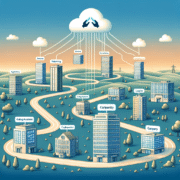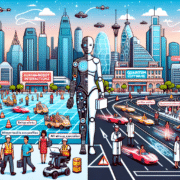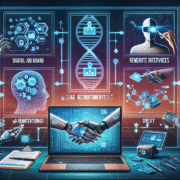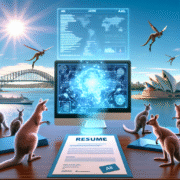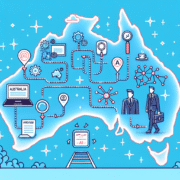Microsoft 365 Copilot: From Early Preview to Enterprise Essential
Microsoft 365 Copilot has swiftly evolved from a preview innovation into a widely adopted AI solution for businesses around the globe. By the end of 2024, nearly 70% of Fortune 500 companies—about 350 in total—had implemented the tool, a notable increase from 60% in early 2024 and 40% during its initial Early Access Program in 2023. According to a CNBC survey, 79% of corporate enterprises are now using Copilot, even as many continue to refine its integration into their daily workflows.
Adoption of Copilot extends far beyond the Fortune 500. During its enterprise preview, over 100,000 companies worldwide experimented with the tool, and more than 37,000 organizations reached a milestone of over 1 million paid users in 2023. By 2024, the number of paying subscribers had grown to in excess of 1.3 million, marking a robust quarterly growth rate of around 60%. With Microsoft 365 boasting over 345 million paid seats globally, Copilot stands poised to support nearly every knowledge worker in the modern enterprise.
Understanding Copilot’s Subscription Model
It is important to note that Copilot is not automatically included in standard enterprise Microsoft 365 subscriptions. Instead, businesses must purchase an additional license—generally priced at $30 per user per month—on top of their existing Microsoft 365 E3/E5 or Office 365 E3/E5 plans. On a more favorable note, the Copilot Chat feature is provided at no extra charge for eligible Microsoft 365 work and school accounts. For individual consumers, Microsoft 365 Personal and Family plans began offering basic Copilot functionalities and AI credits in early 2025, while a premium offering, Copilot Pro, is available for $20 per month for those seeking an enhanced experience.
Transforming Workflows with Copilot
Forward-thinking companies are not only adopting Copilot—they are reimagining the way they work:
- Automated Reporting: By harnessing Copilot in Excel, finance and operations teams are now able to produce insights and generate comprehensive reports in minutes, rather than hours.
- Efficient Meeting Summaries: Integrated within Teams, Copilot automatically crafts meeting summaries, action items, and follow-up notes, allowing leaders to focus on strategic decision making.
- Accelerated Content Creation: Marketing teams leverage AI-driven tools in Word and Outlook to draft campaigns, create client proposals, and produce thought leadership content with much greater speed.
- Streamlined Process Guidance: HR and compliance departments embed Copilot prompts into internal policies, ensuring that employees can easily access and adhere to company standards.
Final Thoughts
Microsoft 365 Copilot has transitioned from an experimental early-access initiative to a fundamental component of enterprise productivity. Organizations that move beyond simple licensing to fully integrate Copilot into their everyday processes are positioned to reap significant efficiencies, empowering employees to focus on innovation. For business leaders, the goal is not just to adopt Copilot, but to weave it seamlessly into their daily operations where it can deliver the greatest impact.

